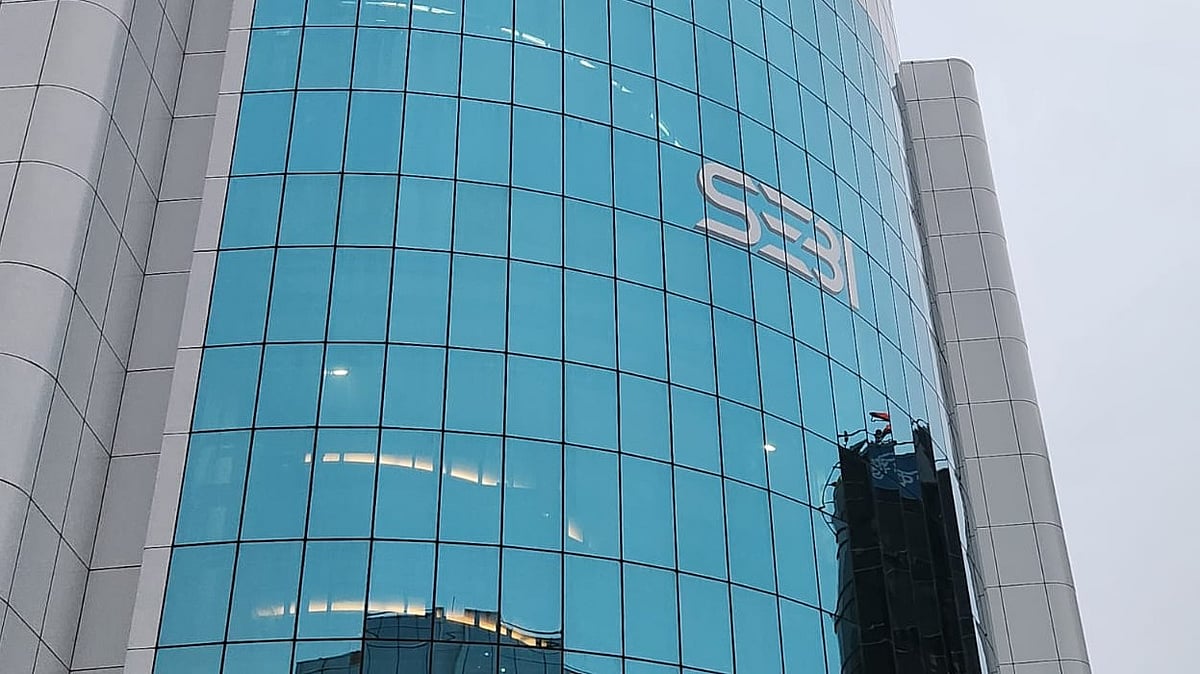In the fast-paced world of stock trading, technical glitches can significantly disrupt operations. Brokerages are currently under scrutiny for their reporting protocols regarding these issues, with regulatory bodies considering a potential relaxation of existing disclosure requirements. As discussions continue, market participants emphasize the importance of maintaining open communication with regulators to navigate these complexities effectively.
Understanding Technical Glitches in Brokerage Systems
Technical glitches encompass a range of problems affecting brokerage systems, including:
- Hardware failures
- Software malfunctions
- Network issues
- Process inefficiencies
- Cybersecurity threats
These disruptions can stem from various sources, such as cyber attacks, insufficient infrastructure, or deviations from standard operational practices. According to current regulations, brokerages must promptly inform stock exchanges of any technical issues, ideally within one hour of occurrence.
Reporting Requirements and Timelines
Brokerages are obligated to adhere to specific reporting timelines:
- Immediate Notification: Any technical glitch must be reported to stock exchanges immediately, no later than one hour after detection.
- Preliminary Report: A preliminary report is due within T+1 day, where T represents the day of the incident.
- Root Cause Analysis: A comprehensive report detailing the underlying causes of the glitch is expected within 14 days.
To mitigate the risk of such technical problems, brokerages must ensure their systems can accommodate at least 1.5 times the highest peak load recorded each quarter. Additionally, they are required to monitor system usage in real-time and activate alerts when capacity exceeds 70 percent.
Proactive Measures for System Integrity
Brokerages employ several strategies to maintain system integrity, including:
- Rigorous Software Testing: All software updates undergo extensive testing, including automated checks and security assessments.
- API-Based Monitoring: Stock exchanges utilize API systems to oversee the health of brokers’ platforms, allowing for early detection and resolution of potential glitches.
- Disaster Recovery Plans: Major brokerage firms must establish a backup site at least 250 kilometers from their primary operations to ensure swift recovery in the event of significant failures.
Future Regulatory Changes
In addition to reviewing glitch reporting protocols, the Securities and Exchange Board of India (SEBI) is also contemplating a ‘one event, one penalty’ policy. This proposed rule would prevent brokerages from facing multiple fines for the same infraction, thus easing the regulatory burden on firms.
As these discussions unfold, the focus remains on enhancing the resilience of brokerage systems while ensuring compliance with evolving regulatory standards.











